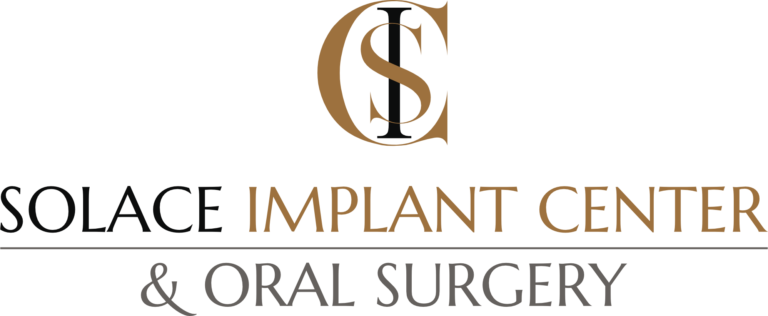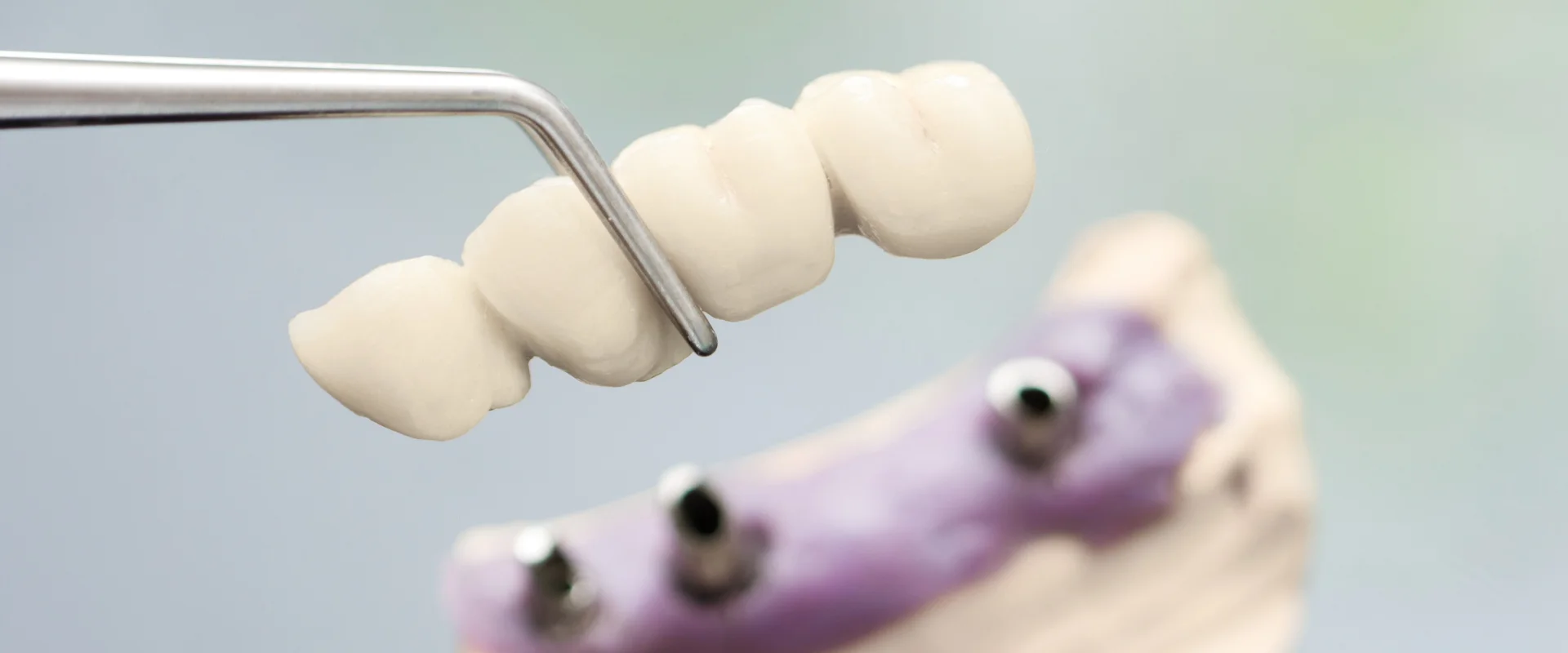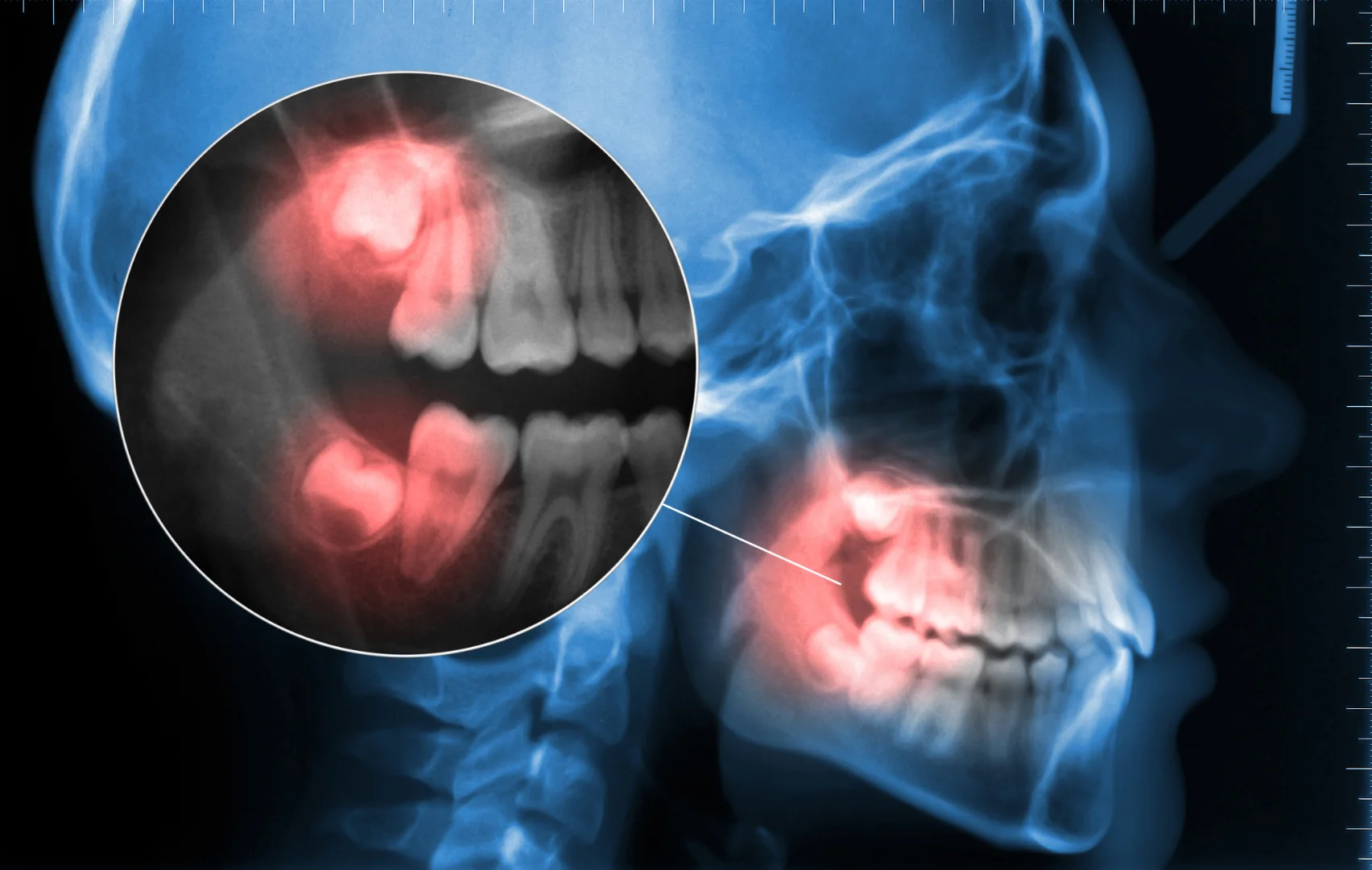What is Oral Pathology?
Oral pathology is a dental specialty that studies the diseases associated with teeth, gums, and jaw bones. Diagnosis often begins with an oral examination or thorough oral examination, which is essential for identifying oral health issues. These are the specialists who diagnose any condition relating to your oral health.
During routine exams, a dentist detects abnormalities or suspicious lesions that may be present in the mouth, and may refer patients to an oral and maxillofacial pathologist for further evaluation. Oral cancer screening is a key part of these examinations to identify early signs of oral cancer or other serious conditions.
If abnormal tissue is present, a biopsy may be performed. This involves the surgical removal of a small tissue sample, often under local anesthesia, for microscopic examination by a specialized oral pathologist.
Oral Diseases
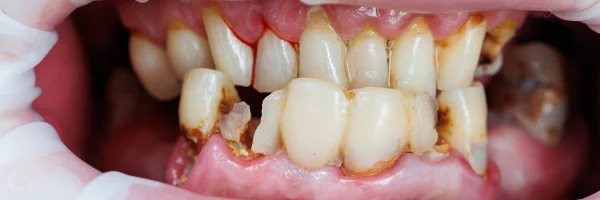
There are certain common signs and symptoms related to oral disease everyone should be aware of, such as:
- Red gums
- Sensitivity to hot and cold
- Bleeding gums
- Bleed easily
- Bad breath on a regular basis
- Pain in gums
- Change in your bite
- Gums pulling away from teeth
- Teeth shifting
Many oral diseases affect the oral mucosa and soft tissues of the mouth.
Some of the oral diseases that an oral surgeon may diagnose someone with are plicated tongue, hairy-coated tongue, geographic tongue, changes to taste, burning mouth syndrome, oral cancer, and canker sores. Oral infections, such as oral thrush, are also common; oral thrush is the most common fungal infection (common fungal infection) in the mouth and is caused by an overgrowth of fungus. These conditions are often treated with medications and other forms of medical treatment. Early intervention ensures they can be effectively treated.
Oral Cancer: What You Need to Know

Oral cancer is a serious disease that can affect any part of the oral cavity, including the lips, tongue, cheeks, gums, and throat. Each year, tens of thousands of Americans are diagnosed with oral cancers, and early detection is crucial for successful treatment. The most common causes of oral cancer include infection with human papillomavirus (HPV), smoking, and heavy alcohol use. Oral and maxillofacial pathologists are specially trained to identify and diagnose oral cancer through thorough oral examinations and biopsies. If you notice unusual sores, lumps, or persistent pain in your mouth, gums, or throat, it’s important to see a dentist or oral pathologist right away. Practicing good oral hygiene, avoiding tobacco products, and limiting alcohol consumption can help reduce your risk. Regular dental checkups and oral cancer screenings are essential for early diagnosis and effective treatment. Thanks to advances in oral and maxillofacial pathology, patients today benefit from faster, more accurate diagnoses and improved treatment options for oral cancers.
The Role of an Oral Pathologist
An oral pathologist is a dental specialist with advanced education in oral and maxillofacial pathology. These experts focus on diagnosing and treating diseases affecting the oral cavity, such as oral cancer, salivary gland disorders, and soft tissue lesions. Oral pathologists play a vital role in oral medicine by performing thorough oral examinations, reviewing detailed medical histories, and conducting biopsies to accurately diagnose oral diseases. They work closely with dentists, physicians, and other healthcare professionals to ensure patients receive comprehensive care. Oral pathologists are also skilled in managing symptoms like burning mouth, dry mouth, and infections caused by bacteria, viruses, or fungi. By identifying the underlying causes of oral symptoms and guiding treatment, oral pathologists help patients achieve better oral health and overall well-being. Their expertise is essential in the early detection and management of complex oral diseases, making them a critical part of the dental and medical team.
Maxillofacial Pathology Explained
Maxillofacial pathology is a specialized field that focuses on diseases affecting the maxillofacial regions, which include the jaws, salivary glands, temporomandibular joints, facial muscles, and the skin around the mouth. Maxillofacial pathologists are highly trained dental and medical professionals who diagnose and study the causes and effects of diseases in these areas. Maxillofacial pathology includes research, diagnosis, and treatment of conditions such as oral cancer, salivary gland tumors, and various soft tissue lesions. Oral and maxillofacial pathologists often collaborate to provide comprehensive care for patients with diseases affecting the oral and maxillofacial regions. By understanding the complex relationships between the oral cavity and surrounding structures, maxillofacial pathologists can deliver accurate diagnoses and develop effective treatment plans. Their work is essential in both clinical practice and research, helping to advance the science of dentistry and improve patient outcomes.
How Oral Health Affects Your Overall Health
Oral health has been at the forefront of studies lately, and medical experts have discovered a link between poor oral health and increased risk of heart disease and cancer. Taking a detailed medical history is important for understanding a patient’s risk factors for diseases linked to oral health. Other studies have shown that gum disease can be linked to respiratory diseases and diabetes.
Ways to Keep Your Mouth Healthy
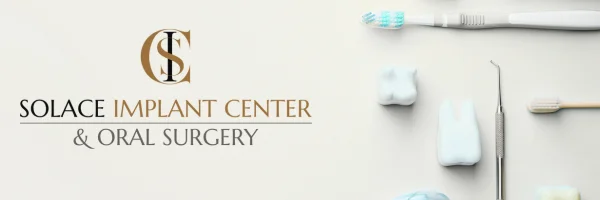
If you are wondering how to how prevent oral diseases, there are a few things you can implement to help keep your teeth, mouth, and gums healthy. Try to eat healthy foods and avoid smoking. Make sure to brush and floss daily, and use mouthwash as needed. Visit dental professionals regularly, and be sure to schedule regular appointments for oral health checkups to ensure timely care and diagnosis.
Making these recommendations a daily habit will help ensure good oral health for years to come. Speak with your oral surgeon if you have any questions about what products you should use in your oral health routine.
Oral pathology is a vital part of what oral surgeons do. They are able to recognize signs and symptoms of oral disease, diagnose it, and treat it so that it doesn’t become a long-term problem for the patient. As a patient, being informed is key. If more patients are aware of the signs and symptoms of oral disease, they will be able to contact an oral surgeon for treatment before it leads to further damage.
If you have any of these signs of oral disease or are concerned about your oral health, contact Solace implant surgery & Oral Surgery for further information.
